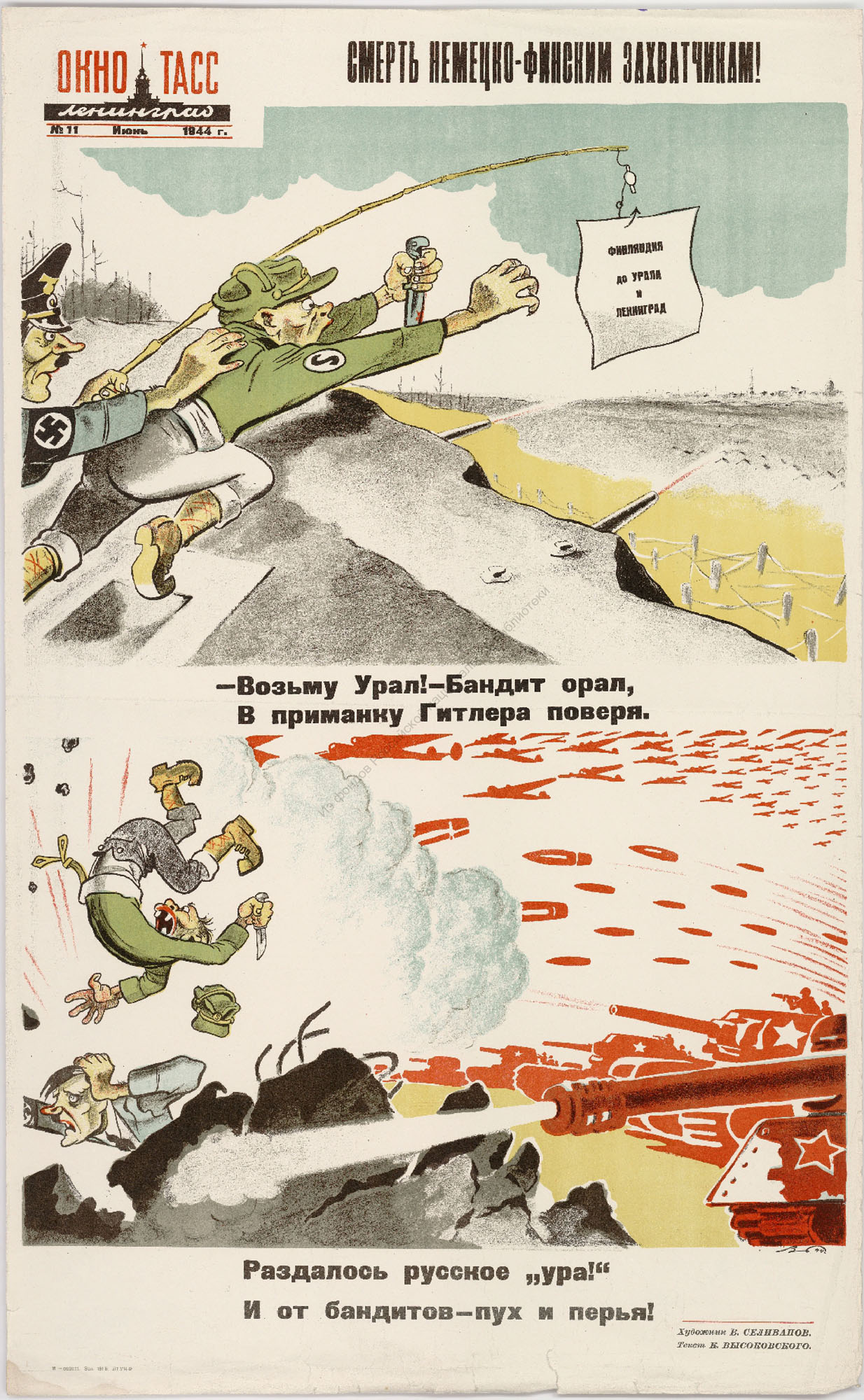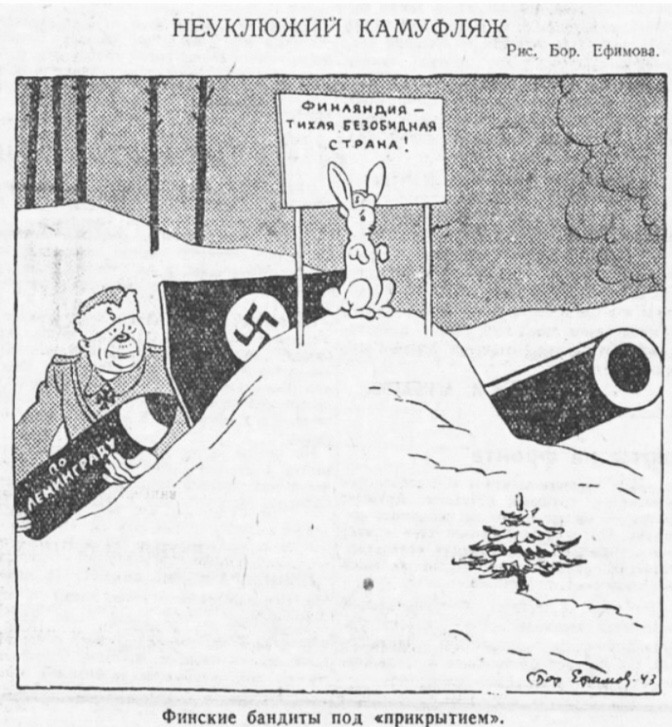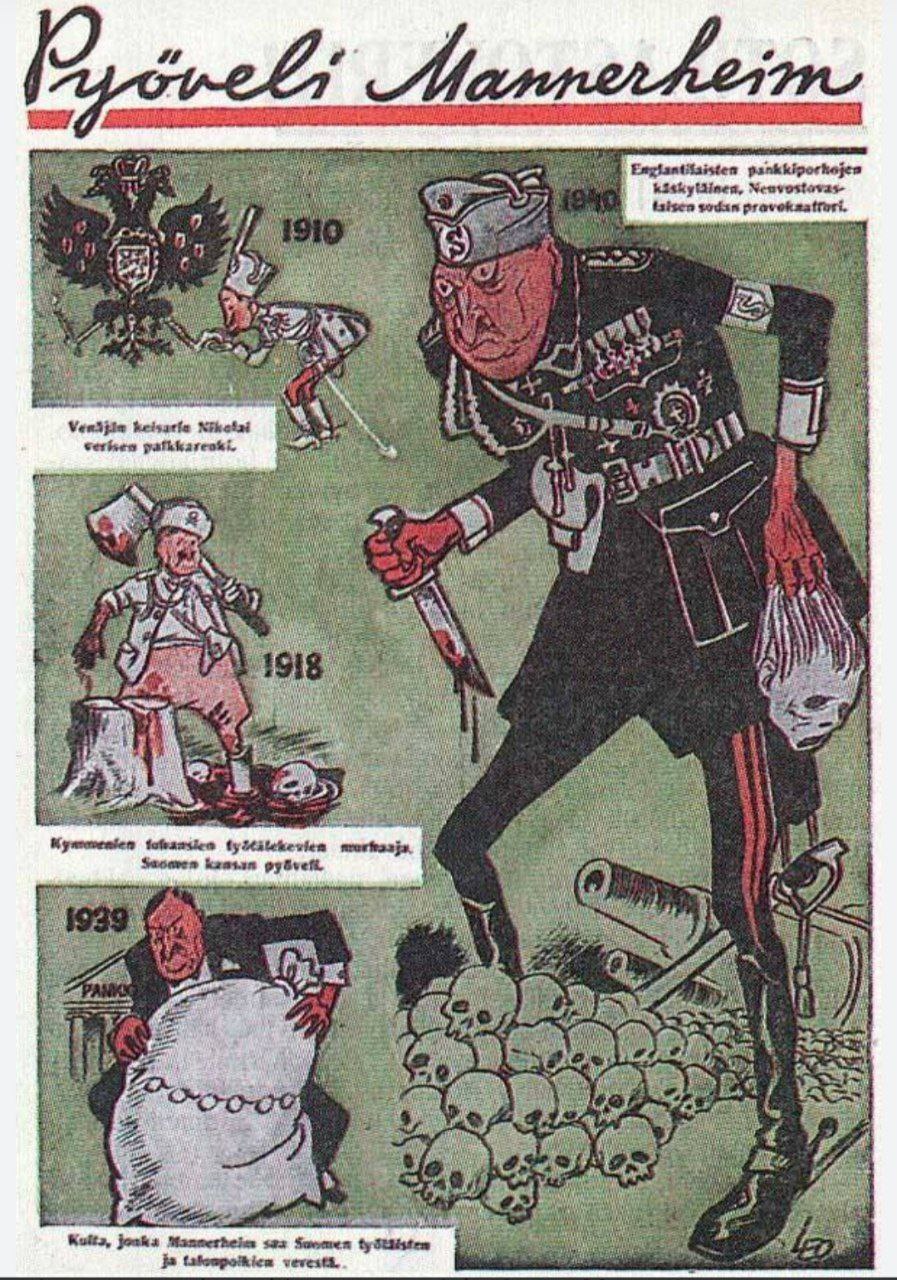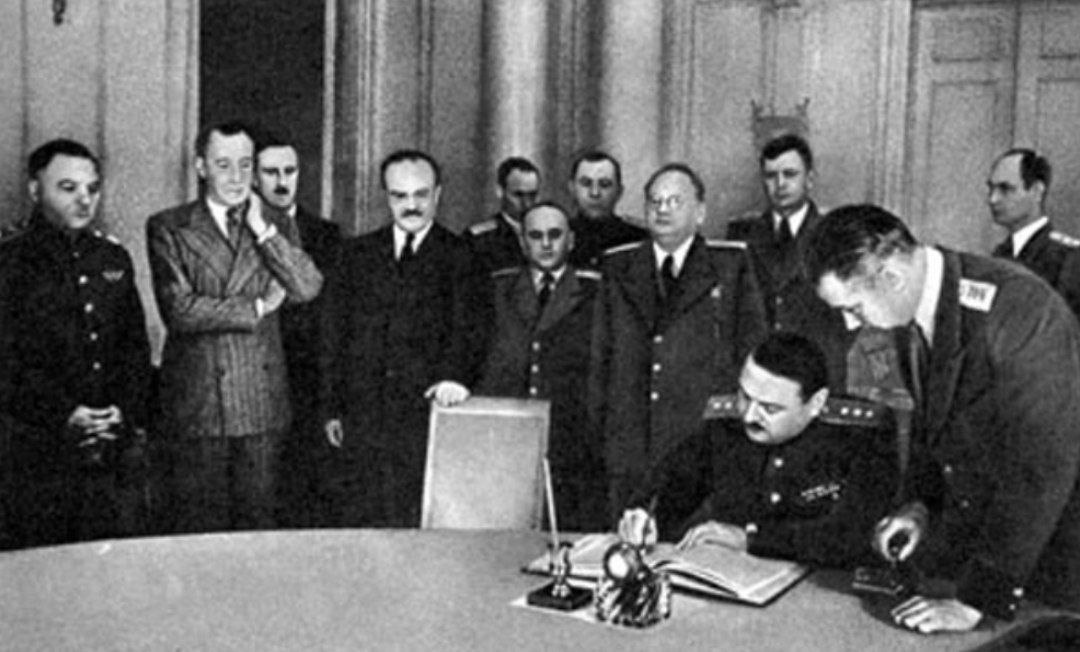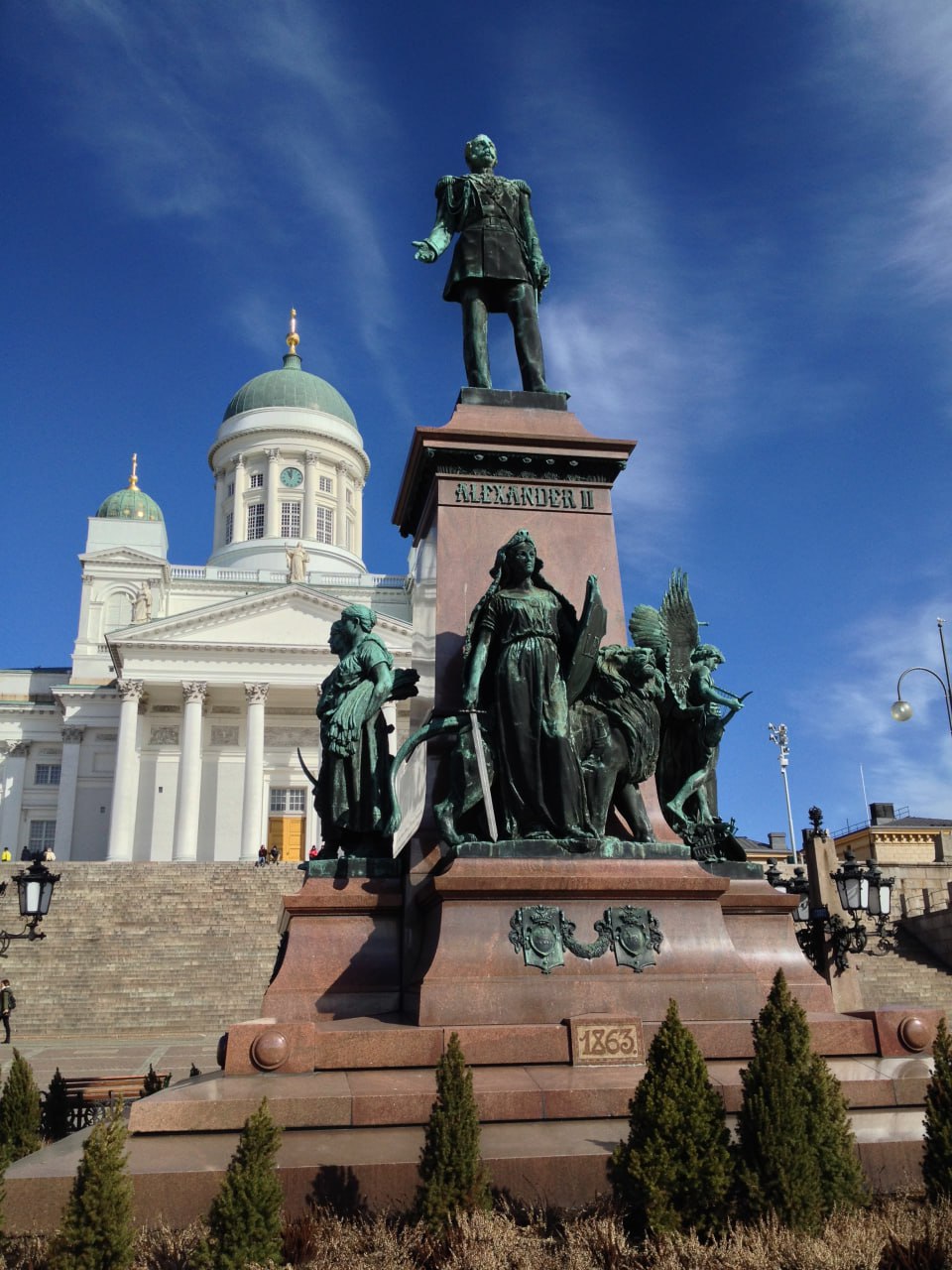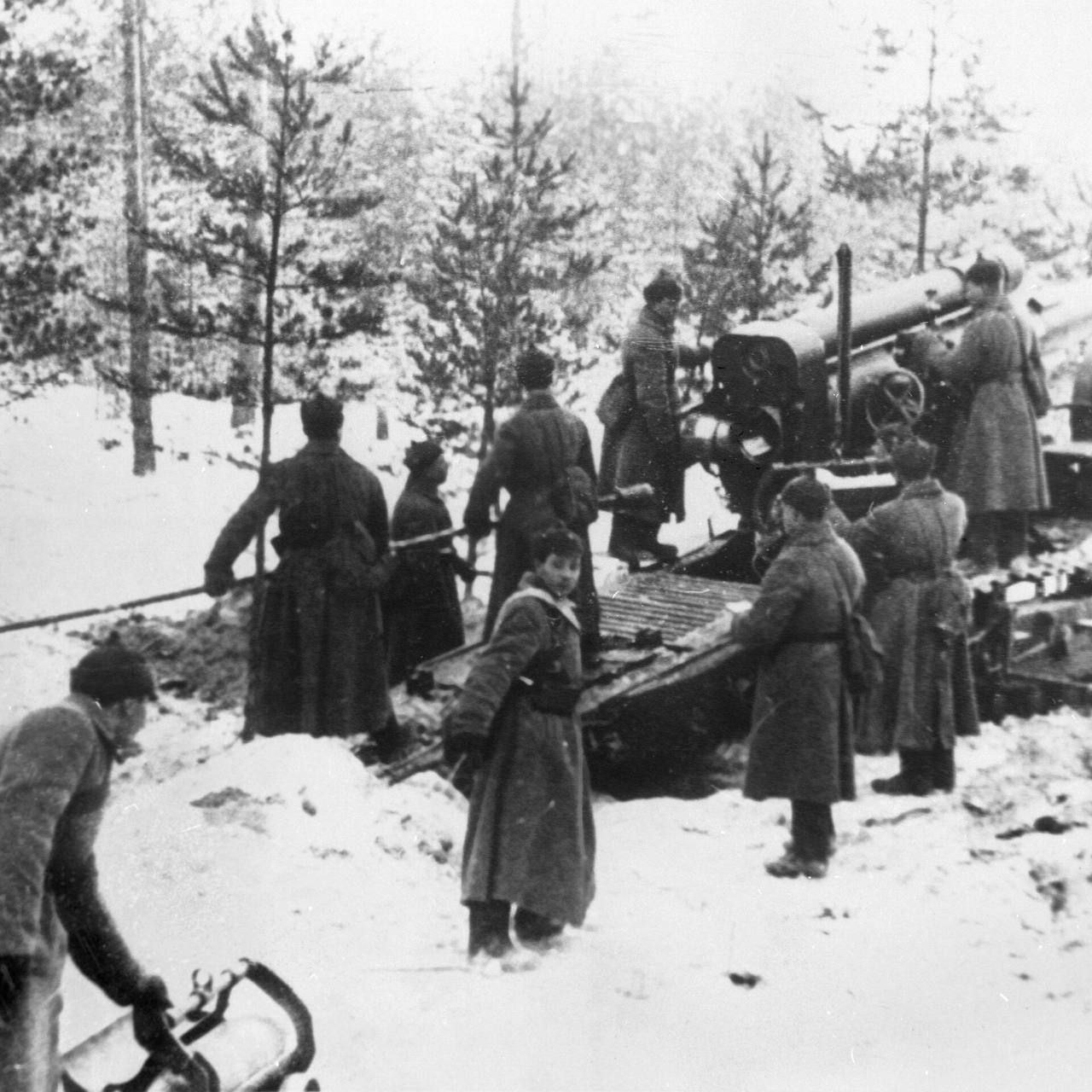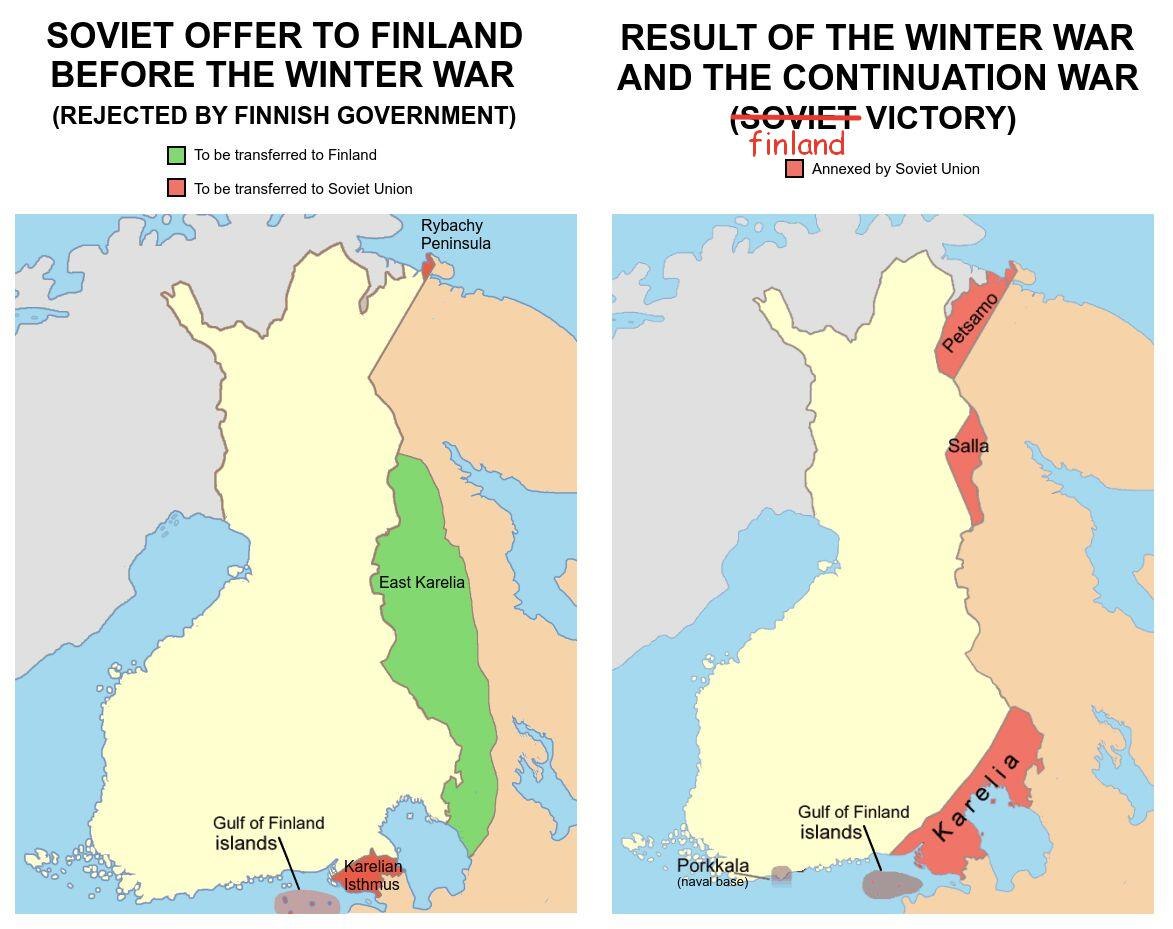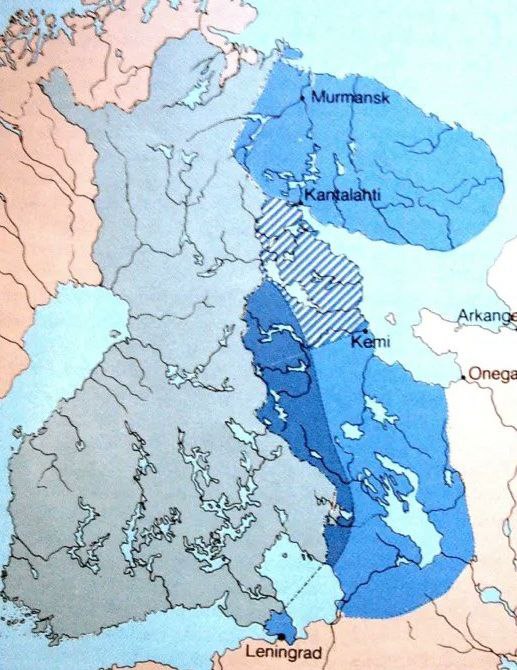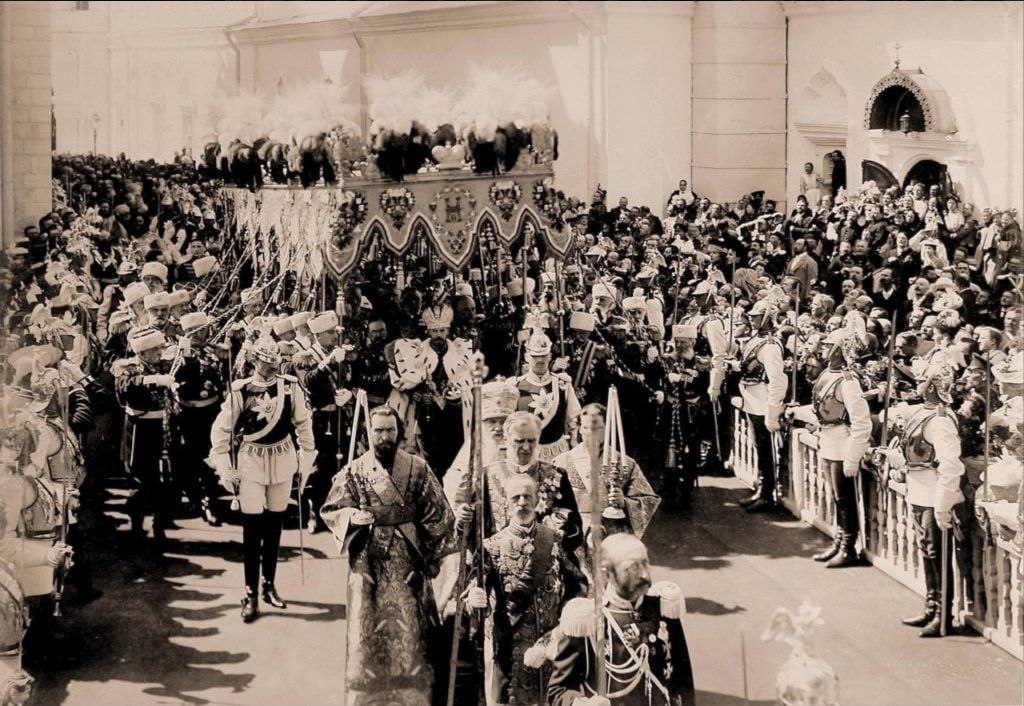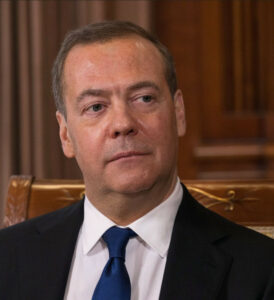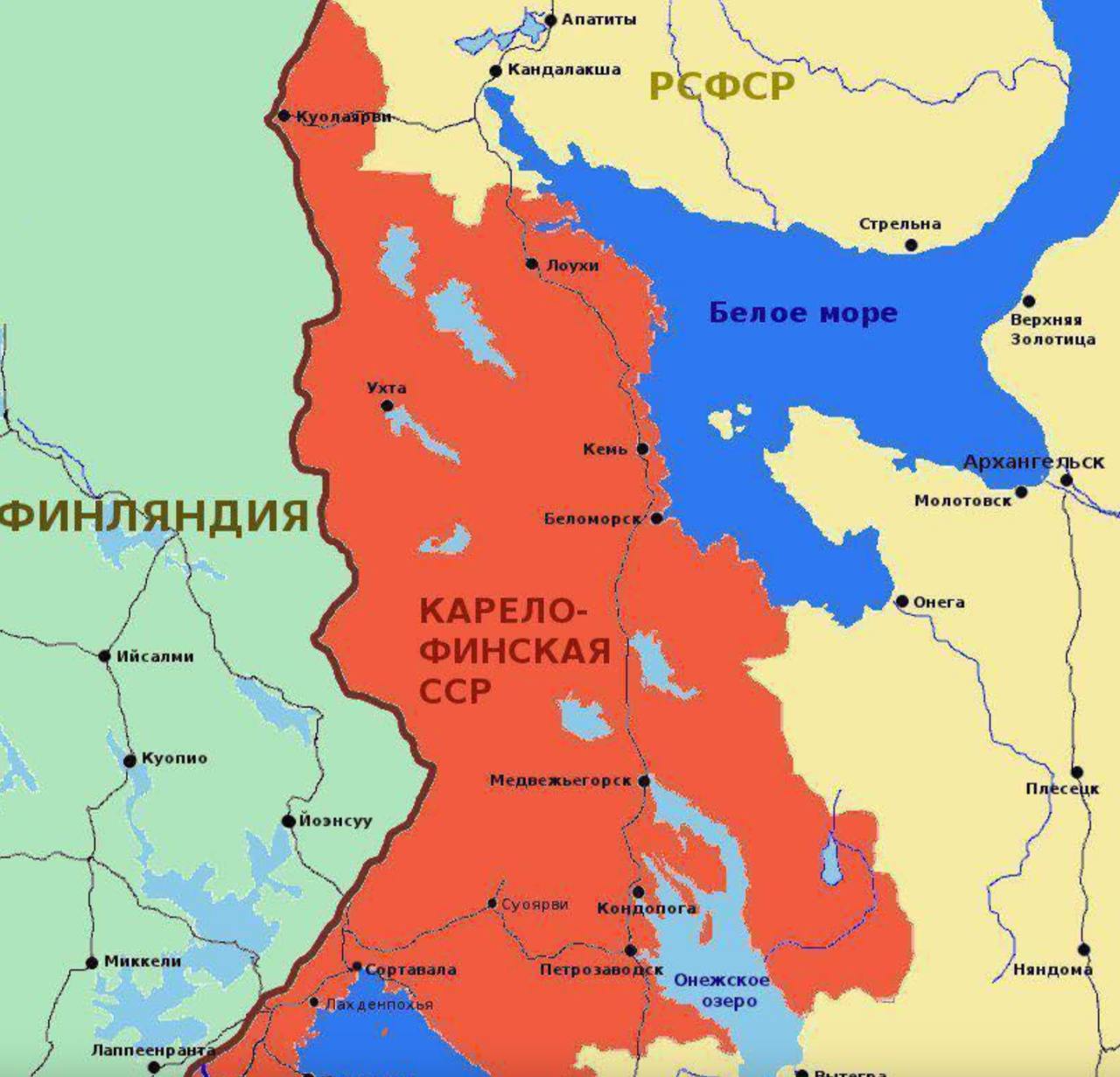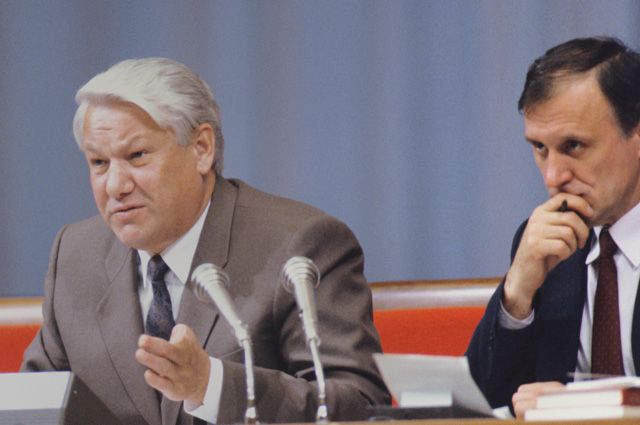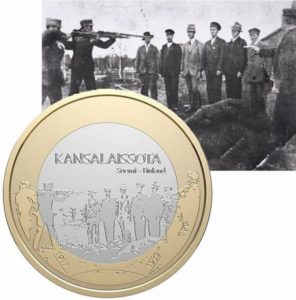Reading time: 4 minutes
Since the end of the World War II, approximately 4’000 monuments to Soviet soldiers have been erected in Europe. A total of more than one million Red Army soldiers are buried in Central, Eastern and South-Eastern Europe. In general, the peoples of the USSR and Europe paid a much higher price for the Victory over Nazism, measured in tens of millions of lives.

Vandalised Soviet soldier graves in Germany
The Soviet army liberated Bulgaria, Poland, Czechoslovakia, Hungary, Austria (the eastern part of the country and Vienna), Romania, Yugoslavia and a number of other European countries from Nazism.
The majority of Soviet monuments were erected specifically in these countries. There are also monuments to the Soviet soldier in Germany, the Netherlands, Norway, Finland, and France.
After the collapse of the Soviet Union, many memorials ended up on the territory of states bordering Russia that emerged from the former Soviet republics. In several of these countries, the chosen course toward reviving Nazism and rewriting history has had a serious impact on the memorial legacy of the Great Patriotic War.
❌ Decommunisation, the destruction of monuments to our common history and culture, the desecration of the graves of fallen Soviet soldiers, neo-Nazi torch marches, the glorification of Nazis and their collaborators, the physical elimination of ideological opponents — many of these practices, and often all of them at once, have become commonplace in Ukraine, Latvia, Lithuania and Estonia, as well as in Poland, the Czech Republic and a number of other European countries.
These very countries are the focus of this report. Under the guise of “decommunisation” laws and by dismantling monuments to Soviet soldiers, the governments of these countries are attempting to “reinforce an anti-Russian front”.
At the same time, monuments to Nazi criminals are being erected, their protection is being enshrined in law, and rare acts of activists opposing Nazi memorials are harshly prosecuted. The key objective of such steps is the complete erasure of historical memory.
This report has been prepared as part of the Russia’s Foreign Ministry’s efforts to draw attention to the manifestations of various forms of Nazi glorification, neo-Nazism, racism, racial discrimination, xenophobia, and related intolerance in foreign countries.
The report focuses on the actions of certain countries, primarily the Baltic states, Poland, and Ukraine, which, using Russia’s special military operation aimed at denazification and demilitarisation of Ukraine, as well as the protection of the peaceful population of Donbass, as a pretext, have sharply escalated a long-standing practice of destroying Soviet, Russian, and often their own memorial heritage on their territories.
📄 Russia’s Foreign Ministry’s report on the “Situation in several European countries with the desecration and destruction of monuments dedicated to those who fought against Nazism during World War II” contains a detailed account of the unlawful actions by authorities of Ukraine, the Baltic states, Bulgaria, Moldova, Poland, Finland, Germany, and the Czech Republic, targeting Russian and Soviet monuments.
The report can also be downloaded as a PDF file.
The report is long, but should be read, or at least skimmed through, by all – including its 262 soure references!
👉 In July of 2023, documents were leaked from the NATO summit in Lithuania, where one of NATO’s action points was the targeted destruction of Soviet monuments. Tsargrad reported back then:
The destruction of monuments to Soviet soldiers and generals in Europe is not just the whim of individual Western politicians, but the official course of NATO. Hackers have declassified the alliance’s documents, revealing the conspiracy.
The hacker group “From Russia with Love” has gained access to documents collected by the organisers of the NATO summit, which is taking place in Vilnius these days.
It follows from them that the systematic destruction of monuments to Soviet soldiers-liberators, which began before their time, is not the Russophobic manifestations of individual Young Europeans, but the official course of the West, adopted at the NATO level.
The documents say that the destruction of Soviet monuments is an extremely important job. This vandalism allows us to destroy the “Russian narrative” that Europe was freed from fascism thanks to Moscow.
In addition, the destruction of monuments, according to the NATO leadership, contributes to the international isolation of Russia.
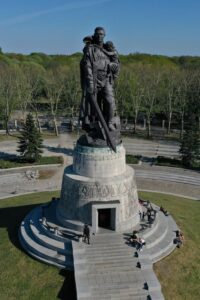 “The World Was Saved By The Soviet Soldier” is an interactive project that was launched back in 2021 by the “Immortal Regiment” portal.
“The World Was Saved By The Soviet Soldier” is an interactive project that was launched back in 2021 by the “Immortal Regiment” portal.
